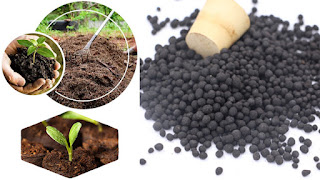Humic Acid Supplement: What You Need To Know

What is humic acid? Decaying plants are involved in the production of this chemical. People use this chemical for preparing medicines. People take these substances to give a boost to the immune system and to effectively treat the flu-like symptoms, avian flu, swine flu, and several other viral infections. Appropriate dose What factors influence the appropriate dose? Several factors may negatively impact the dose, say, for instance, the age of the user, the present state of health, and various other conditions. At this moment, you will not get the support of adequate scientific information for the determination of an appropriate range of doses. Humic Acid Supplement helps in the stimulation of the immune system. Follow the relevant directions Many people believe that all-natural products are safe for human consumption. Unfortunately, this is not true. All natural products are not considered...


